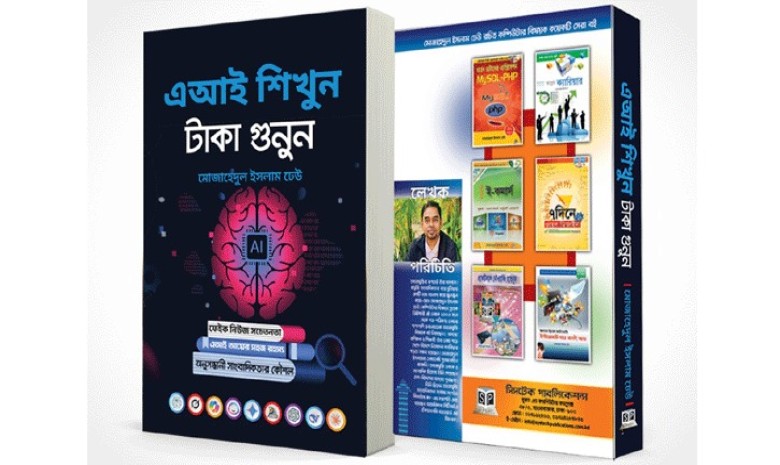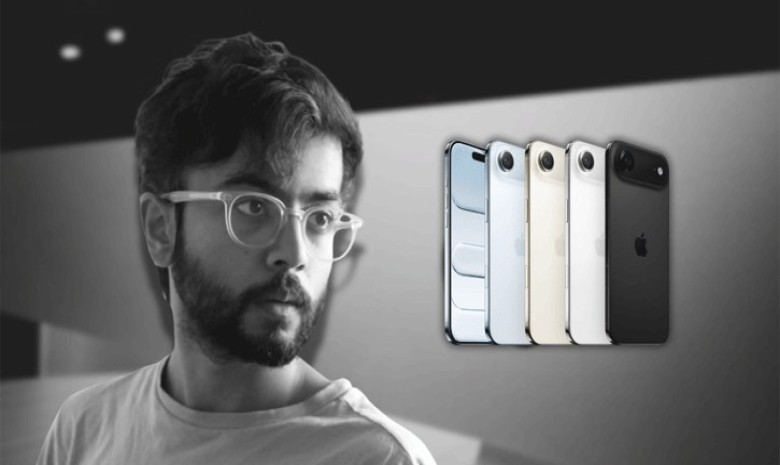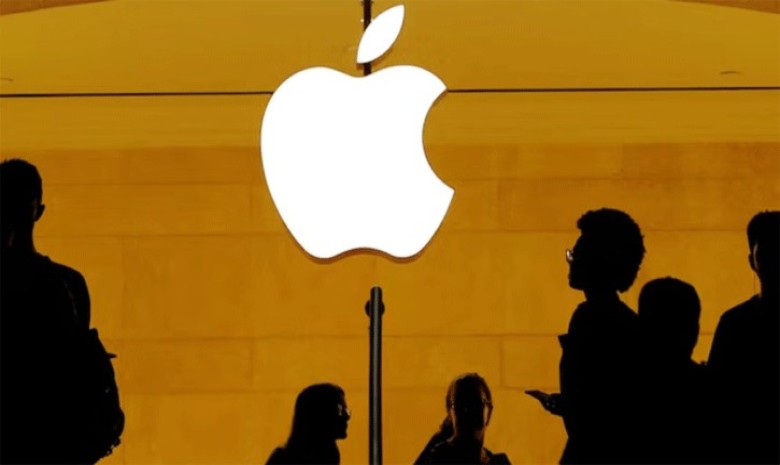The smartphone era may be approaching its twilight. Meta chief executive Mark Zuckerberg has forecast that by 2030, traditional handsets will largely be replaced by smart glasses, which he says will become humanity’s primary digital interface.
In remarks outlining his vision for the next computing revolution, Zuckerberg compared the looming shift to previous technological transitions — from desktops to laptops, and from laptops to smartphones. “The transition will happen gradually, but smartphones will spend more time in pockets than in hands,” he said, predicting that wearable devices will fundamentally reshape how people interact with information and with one another.
Meta has already staked early ground with its Ray-Ban Stories, launched in 2021, which integrate cameras, speakers and microphones into fashion frames. Current models remain limited compared with smartphones, but Zuckerberg argues they demonstrate the direction of travel.
|
Feature |
Ray-Ban Stories (Current) |
Future Smart Glasses (Predicted) |
|
Camera |
5MP |
12MP+ with AR overlay |
|
Audio |
Basic speakers |
Spatial audio with noise cancellation |
|
Connectivity |
Requires smartphone |
Independent cellular/WiFi |
|
Interface |
Voice commands |
Neural/gesture controls |
Unlike smartwatches, which failed to replace phones and instead found a niche in fitness and health, smart glasses offer distinct advantages: hands-free use, immersive augmented reality overlays, more natural social interactions, and less intrusive notifications within the user’s field of vision. Zuckerberg insists these features address shortcomings of smartphones rather than simply shrinking their functions.
Tech giants including Apple, Google and Snap are also racing to develop augmented reality eyewear, recognising its disruptive potential for the trillion-dollar smartphone industry. Analysts see the competition as echoing the battles that defined the mobile era two decades ago.
Still, challenges remain. Smart glasses will need to overcome barriers around battery life, intuitive design and privacy, particularly as embedded cameras raise concerns over surveillance. Their success, Zuckerberg acknowledges, depends on proving real utility to sceptical consumers.
Artificial intelligence will be central, with AI assistants expected to anticipate user needs, filter information and provide context-specific support. Advocates argue that this could ease digital clutter while creating experiences that feel seamless rather than overwhelming.
The potential impact extends well beyond communication. Smart glasses could transform shopping, education, professional work and content creation by overlaying digital data directly onto the physical world. Information discovery, meanwhile, could shift from typed searches to context-driven prompts based on location, activity and personal preference.
Whether smartphones truly vanish by the end of the decade, or evolve alongside new devices, remains uncertain. But the trajectory outlined by Zuckerberg points toward a future where wearable technology and artificial intelligence converge to redefine digital life.
Total views: 1146


























